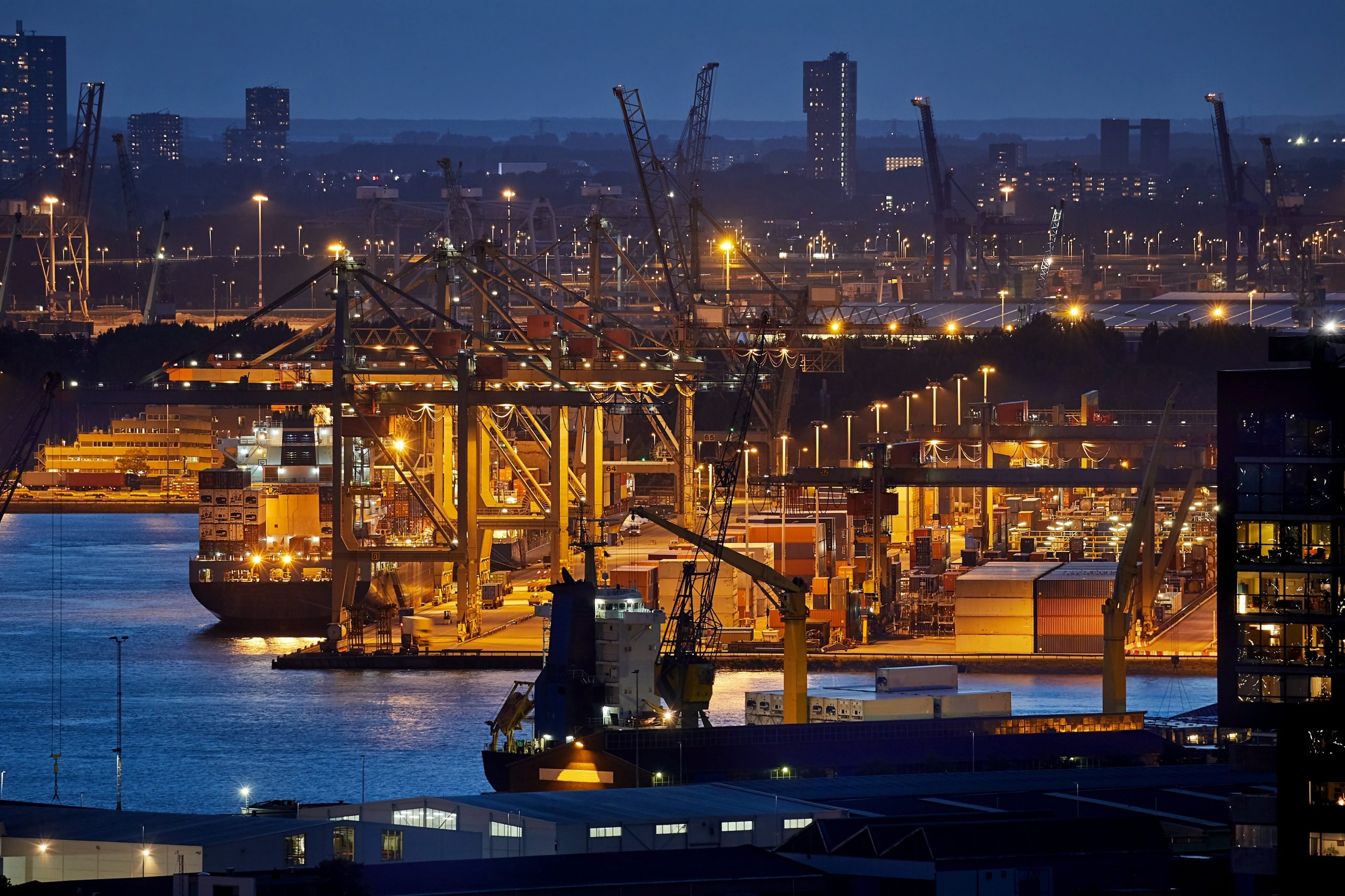Brazil Approves Second Hydrogen Law with Auctions Expected for 2025

The Brazilian Senate has approved a second law promoting the uptake of hydrogen within the country, which is set to establish new rules for the Hydrogen Development for Low Carbon Emissions Programme (PHBC), which will set a limit of 7kg for emissions of carbon and other greenhouse gases.
The PHBC was initially included in the country’s first regulatory framework for low-carbon hydrogen, sanctioned in August of this year, but was scrapped by President Silva for lack of clarity regarding tax implications within the nation.
In its original version, the bill established a framework of incentives for the hydrogen industry, including the creation of the Special Incentive Regime for the Production of Low-Carbon Hydrogen.
It also granted the National Agency of Petroleum, Natural Gas, and Biofuels (ANP) the authority to regulate, authorise, and supervise the hydrogen supply chain.
Following confusion around tax implications and legalities, the modified version of the bill aims to clarify this gap by guaranteeing financial incentives and tax credits for the sale of low-carbon hydrogen and its derivatives.
The priority for such incentives are aimed largely towards industrial sectors that will otherwise have difficulties with partial – or complete – decarbonisation, such as fertilisers, steel, cement, chemicals, and petrochemicals. It is also intended to promote the adoption of hydrogen into the heavy vehicle transport industry, including maritime transport.
Brazil has been a strong player when it comes to the hydrogen industries of South America, hosting four of the sixty mega-initiatives on the continent. The country has also signed upwards of 35 memorandums of understanding with both national and international organisations to promote the advancement of the industry – including by allying itself with neighbouring countries to better do so.
The nature of any potential projects is yet to be finalised, and will be decided through competitive procedures. The granting of tax credits will be inversely proportional to the intensity of greenhouse gas emissions of the hydrogen produced – including in projects relating to regional development, climate change mitigation, technological innovation, or industrial diversification.
Those who receive tax credits for their projects may use these credits to offset the cost of other taxes, or alternatively be cashed in for a tax refund that will be paid back within twelve months.
If the final project does not align with the original version promised, or if it violates the law or regulations set by the PHBC, those heading the project will be subject to a fine of up to 20% of the value of the credits otherwise given.
Fernanda Delgado, executive director of the Brazilian Association for the Green Hydrogen Industry, described the new laws as a positive for Brazil’s growing hydrogen industry.
“Both laws are a very important step forward for Brazil’s energy transition, because they make use of hydrogen to build projects, and to produce and export green hydrogen on a grad scale. This brings in a stable foundation for investments and national and international agreements of understanding,” she said.
“This implementation and their respective tax incentives can lead Brazil to an energy revolution of low-carbon intensive production processes. In addition, the law defines the types of hydrogen, including the concept of renewable hydrogen and the technologies it associates with, as electrolytic hydrogen.”
The specific criteria for both tenders and accessing credits for the successful projects is in the process of being finalised, with Delgado speculating that the first auctions may be held in early 2025.

